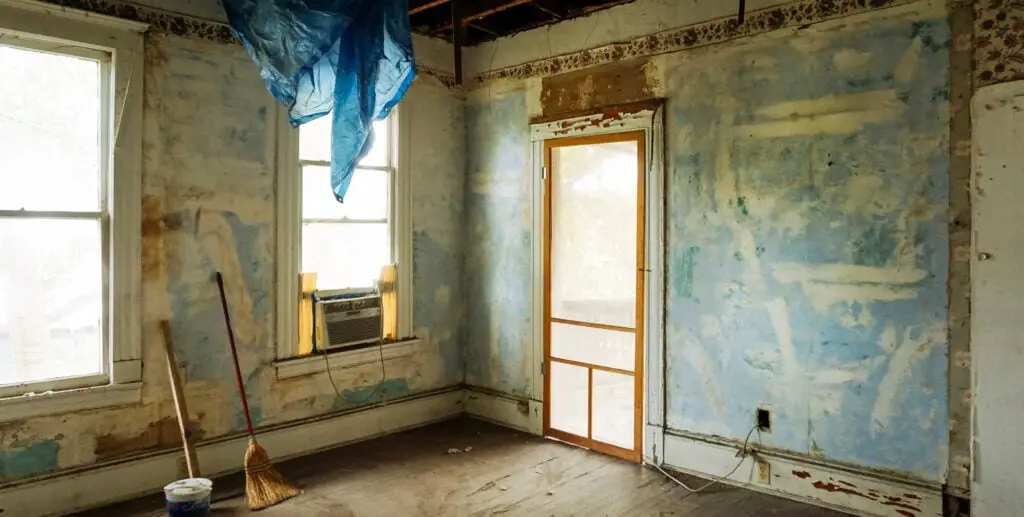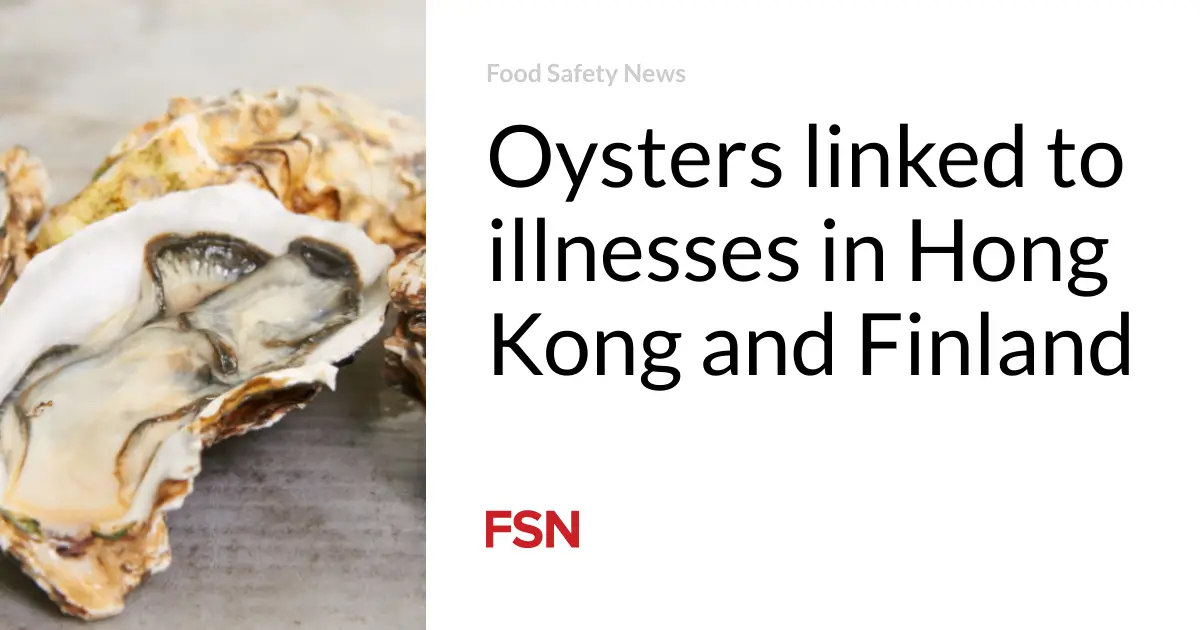My mum had just one stipulation when it came to our mother-and-daughter holiday: she didn’t want to do any of the planning. She would not lift a finger – payback, perhaps, for my tricky teenage years, which saw me ruin one Pyrenean road trip by vomiting on every hairpin. I tried to claim it was food poisoning rather than the result of a night of underage drinking with the campsite bad lads. Mum, who had seen a lot in her career as an NHS psychiatrist in Morecambe, was having none of it.
I suggested taking her Interrailing after she said she was envious of a solo rail trip I’d taken a few years ago. Dad tried to muscle in, but we rebuffed him: three is a bad number for a holiday and I might have regressed to childhood if outnumbered.
Being lucky enough to possess healthy parents, I have not yet had to make decisions about their lives and so it felt novel to be entrusted with our itinerary. Mum, an active 75, said she would rather go north than south, so I set about planning a route that took us from Manchester all the way to Oslo.
We were away for 10 nights, our first-class passes entitling us to seven days of travel within a month, across the 33-country Interrail network. It doesn’t cost much more to go first class – £413 for ages 28-59, and £373 for over-60s, compared with £326/£294 had we gone second class. The ticket includes an inward and outward journey in the UK, so we recouped the cost just on the Manchester-to-London leg, which now comes in at a heart-stopping £535 for an anytime first-class return on Avanti West Coast.
First class generally gets you comfier seats with more leg room. Anything else is a bonus. Avanti may be unreliable, but it does excellent free first-class breakfasts – a full English for me and smoked salmon and scrambled eggs for mum. This turns out to be the high-point of complimentary northern European railway catering. We only get fed on one other leg of our 1,753-mile, 16-train, six-country odyssey: a very dry Ryvita-type cracker covered with pesto on Danish railways.
We take the Eurostar to Brussels and then head on to Hamburg, where I’d pre-booked tickets for the viewing “plaza” on the shimmering Elbphilharmonie (€3), Hamburg’s answer to the Sydney Opera House. If I’d been better organised, I’d have arranged drinks or dinner there too, with views of either the working docks or the Hanseatic old town.
Despite a lifetime of listening to people’s problems, my mother always looks on the bright side. But I test her with my penny-pinching hotel choice, a five-minute walk from Hamburg central station past several sex shops, a lot of street drinkers and at least two open drug deals. Cab20 is a capsule or cabin hotel, with single rooms barely a metre wide and no external windows. Each cabin comes with a robe and slippers to wear to the spotless communal showers, and Bluetooth speakers neither of us can figure out how to work. We decide we are glad to be small people who don’t suffer from claustrophobia and pass a surprisingly comfortable night before heading to Denmark.
We bypass Copenhagen, on the basis that Mum had been once for the cheery-sounding International Conference on Suicide Prevention. We pass much of the journey with a discussion that makes me glad no one else is sharing our compartment, about how self-inflicted deaths in the UK plummeted with the introduction of catalytic converters and the two-packet limit on paracetamol purchasing. Great holiday chat, Mum!
My friend Lars had suggested we get a regional train and then take the tram up to Tisvildeleje, a favourite of the Danish fashion set on the north coast of Zealand. A former fishing village with thatched cottages right on the waterfront, it hosts yoga and music festivals on the beach each summer. We swim in the cold, blue sea within five minutes of checking ourselves into the charming Tisvildeleje Strand Hotel, and then amble down to the very classy beach kiosk, which serves ice-cold rosé, steaks and seafood.
After two relaxing days, we head across the Baltic to Gothenburg – a mundane journey, apart from crossing the Øresund Bridge, which all Scandi noir fans will remember from the drama that saw Danish and Swedish detectives forced to work together after a body is found with its torso in one country and its legs in the other. We stay a night at Hôtel Eggers, a very camp five-star place opposite the station, and enjoy a hilarious boat trip (from 250 Swedish krona/£18.50) along the canal and river, with our guide spending most of the journey making jokes about people from Stockholm, as well as the Danes, who have evidently not yet been forgiven for burning the city to the ground in 1611.
From Gothenburg, we head an hour north to the Swedish lake district, sadly by rail replacement bus after a landslide. We disembark at the classy fjordside resort of Ljungskile, where we are met by Hanna from Anfasteröd Gårdsvik, a small-scale holiday village by the water. Before dinner, we relax in its idyllic floating sauna, reached by a wobbly jetty and fuelled by locally chopped logs. I cool off by jumping into the fjord, leaping out when I realise I am surrounded by jellyfish.
The next day we explore Ljungskile, a Victorian resort founded in 1877 by a Scot named Robert Macfie. We eat a lunch of locally caught mussels at the Musselbaren restaurant and check in at Villa Sjötorp, a beautiful big old wooden house high up over the water with a cosy sheltered porch looking out over the fjord, and steps down to a private beach. It is our favourite hotel of the trip, and not just because we have a room each (with windows!) so don’t wake each other up by snoring. The food, all local and seasonal, is sensationally good, with interesting wine pairings at dinner. For breakfast, we are given a basket of goodies, with boiled eggs, fresh pastries and orange juice, to take out on to the lawn.
Then it’s on to Oslo – a city that has changed drastically in the past 20 years, definitely for the better. I’ve been a few times before and never really been able to get past the fact that it’s so outrageously expensive, especially for a couple of lushes like Mum and me. But, blessed with good weather, we are able to enjoy many free delights, including a dip in the fjord right outside the modern opera house, and the Vigeland Park, filled with more than 200 charmingly chubby, naked statues from the most famous Norwegian sculptor you’ve never heard of, Gustav Vigeland.
We get 24-hour Oslo passes (520 Norwegian krona/£37), which give access to more than 30 museums and sights, with public transport thrown in. We love the brand new Munch museum, which has three different versions of The Scream, displayed in rotation each half hour, and exit agreeing that none of them is Edvard’s best work (I like his hunky self-portraits, where he looks like a Danish Monty Don). The Nobel Peace Museum is a bit of a muddle, but we do like the Norwegian National Gallery, which has yet another version of The Scream if you’ve not had enough late 19th-century angst.
At the end of 10 action-packed days, we are sad to not have one extra day to head to Bergen, after everyone tells us it’s the most scenic rail ride in Norway. But we are also glad our adventure is over. Interrailing was tiring when I was 18, but for a 75-year-old – even a dedicated Zumba-goer like Mum – it was pretty exhausting. And, having not spent this much time together since I left home in 1999, we did have occasional disagreements, largely about how early Mum wanted us to arrive for every train (it’s not the same as planes, mum!). But were she writing this piece, she’d probably have a list of all the ways I annoyed her, too. Hopefully, I have at least made amends for that Pyrenean puke.
Interrail tickets were provided by Eurail. Accommodation was provided by Gothenburg tourist board, West Sweden tourist board and Visit Oslo. At Hôtel Eggers doubles cost £110 B&B. Villa Sjötorp has doubles from £195 B&B. Cottages at Anfasteröd Gårdsvik from £189 for two people. A one-person cabin at Cab20 costs from £30 a night






